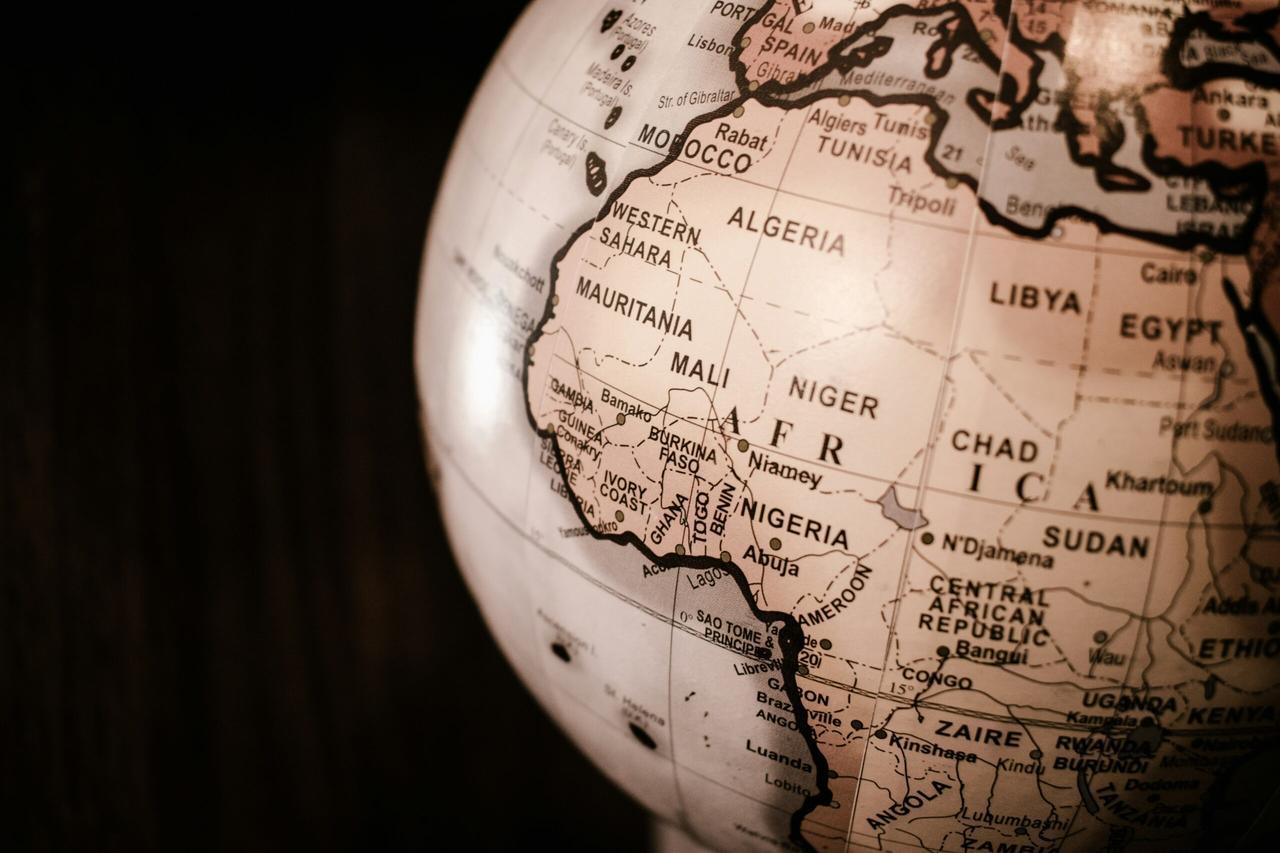YAOUNDÉ, Cameroon – Western countries of exploiting Africa’s resources, triggering conflict, and then returning with aid as a “palliative,” according to a leading Catholic official.
Johan Viljoen, Director of the Denis Hurley Peace Institute of the South Africa Bishops’ Conference, looked at the situation in Mozambique, telling Crux that local complicity allows Western companies to gain resources, leading to war, destruction, and displacement.
“The pattern involves the allocation of resources to Western companies, with complicity from local politicians, followed by conflict that destroys infrastructure and livelihoods, ultimately displacing populations into IDP camps. Then the same western countries will say, look, we’ve taken your land, we’ve taken your homes, we’ve taken your livelihood, we’ll put you in an IDP camp, but don’t worry, our government development agency will provide you with a bag of rice every month,” he explained.
Viljoen claims this cycle traps Africa in dependency on foreign aid. This view contrasts with Congolese Cardinal Fridolin Ambongo’s recent praise for Western aid supporting Africa’s path to self-reliance.
In a Wall Street Journal op-ed titled “Africa Needs American Generosity; the Aid You Send Us Isn’t Wasted,” the President of SECAM expressed gratitude to the US for supporting Africa’s path to self-reliance.
He rejected aid that promotes abortion, population control, or the erosion of African cultural values, noting that “cultural colonialism needn’t be the price exacted for a moral, strategic, and humanitarian partnership.”
Viljoen, however, argues Africa’s reliance on aid stems from exploitation and denied access to its own resources.
“The reason Africa is tethered to Western aid is because African people do not have access to the resources they need,” he told Crux.
Viljoen highlights how former French colonies retained mineral rights post-independence, denying them wealth and trapping them in dependency. This view is echoed by Father Stan Chu Ilo, who argues for ending aid dependency as a path to African dignity.
Ilo – a senior research professor of world Christianity, African studies, and global health at the Center for World Catholicism and Intercultural theology at DePaul University – has made a similar argument in an article titled “Ending Aid Dependency: The Catholic Church and Africa’s Path to Dignity” and published in the Catholic news site, VoiceAfrique.
He cites Liberia, home to the world’s largest rubber plantation supplying U.S.-based Bridgestone, as a prime example of exploitation.
He notes that since 1926, Liberia’s wealth has flowed abroad while its people remain impoverished, forcing the country to depend on aid.
Ilo argues this aid dependency extends to the Church, criticizing the “chronic subordination” in church relationships and the false narratives of helpless Africans used in fundraising.
“Africa is not a welfare continent. Her people are not perpetual wards of wealthier nations or churches. Mendicancy is foreign to African traditions,” he said.
He contends aid is a tool of control, where Western donors impose conditions rather than empower communities. Ilo aligns with the World Bank, which declared decades ago that reducing aid dependency is essential for development. He urges Africa to prioritize trade, invest in its people, and reject “mendicant diplomacy.”
However, Viljoen adds that progress also requires eliminating corrupt leaders to ensure policies reflect the people’s will and enable self-reliance.
“The first thing is to get rid of the corrupt leaders. And once you have the people in power and the democratic will of the people is reflected in the policies of the government, and people have the freedom to earn their own living and to have access to sources of livelihood, aid will no longer be necessary,” he explained.
The scale of corruption in Africa is staggering: It costs the continent approximately $50 billion annually, nearly equivalent to its total foreign aid. Including illegal financial flows pushes the cost to over $148 billion, significantly exceeding annual aid inflows.
Ilo contends that it was time for Africa to end “the illusions of benevolence” and focus on the development of the continent.
“Africa does not seek pity. She seeks partnership—rooted in respect, shared responsibility, and recognition of her abundant assets,” he wrote.
“The future of Africa, and the integrity of the Church’s witness, depends on ending the illusions of benevolence that sustain dependency. The time has come to reclaim our dignity and stand on our own feet,” he said.













